If you click on a link and make a purchase we may receive a small commission. Read our editorial policy.
Who doesn't want a do-over? It's time to re-evaluate the art of the reboot
Sometimes, everyone needs a chance to start once again

Popverse's top stories
- DC Comics revamps Teen Titans with Red Hood leading a new generation of heroes
- House of the Dragon season 3 trailer reveals June 2026 release date: "This is the moment you become queen"
- Guy Gardner headlines new DC Comics Green Lantern special from Deadpool creative team
If there’s something that gets a bad rap entirely unfairly, it’s reboots. On the one hand, I can understand why some people dislike the very idea of starting over so much — for those who’ve fallen so deeply in love with one version of an idea, a character, or a story, it could feel as if that thing is being criticized by the very concept of coming up with an alternative, especially if that alternative means that the version you love will go away as a result. That’s a difficult thing to deal with; the comic book fan in me still struggles with those feelings of mild confusion and potential censure when DC rebooted entirely into The New 52, and that was more than a decade ago as you read these words, after all.
Beyond that, there’s also a sense of… loss might be too strong a term, but it almost fits; not only for the version of the story/character/idea that is being replaced by the rebooted version, but for the time the audience has invested in that version, which some see as being zeroed out and invalidated as soon as the reboot takes effect. (Not me; I’m all-too-aware of how much of my life I spent on the original Legion of Super-Heroes, and I regret not one second of it. If only I could say the same about the hours I wasted watching the original version of Battlestar Galactica and Galactica 1980 when I was a kid and they were on in reruns on Saturdays.) Nonetheless: when something is rebooted, things change, and that can be a problem for any number of people for any number of reasons. It only makes sense that such a thing could be seen as a bad thing, bearing all of that in mind.
That said: reboots are amazing.
Yes, change can be tough for some people, but on the other hand, there’s something thrilling about seeing new takes on familiar ideas, and wanting to push the limits of a particular idea further, or in different directions. Reboots and re-examinations of characters and stories have allowed for some of the most beloved versions of those things: think about, for example, the 1990s Batman cartoon, the 1990s Buffy TV show, or even the early 2000s Battlestar Galactica that proved that there was, in fact, life in an idea that seemed to have run aground almost immediately in its original incarnation.
More to the point, reboots can extend the lifespan of an idea almost indefinitely. As much as people love to make jokes about the fact that Sony rebooted the Spider-Man movie franchise twice in the space of a decade, there’s no denying that the character remains viable as a movie property more than 20 years later because of them in a way that simply wouldn’t have been the case had Tobey Maguire stayed in the role all along. (If nothing else, he would have run out of reasonable villains to face off against by now; we’d have reached the Stegron and Rocket Racer era about seven years ago.)
All of this came to mind when thinking about the upcoming X-Men comic book relaunch, which is most assuredly not a reboot, and thinking to myself that, really, superhero stories continuing for decades without starting over is a somewhat ridiculous concept. The X-Men, by this point, have faced literal genocide on a number of occasions, retreated to two entirely separate island communities removed from humanity, dealt with the literal death and subsequent rebirth of… by this point, almost every single big name character (with the exception of Storm, maybe? She was just depowered, which is a different kind of death for a mutant), and suffered through enough calamity that it requires a very particular brand of suspension of disbelief to feel any real tension in any future story.
Moreover, the new relaunch of the line comes on the heels of a five-year-long era where mutantkind was almost eradicated, humanity en masse turned against them, they terraformed another planet as a potential bolt hole, and, oh by the way, they also literally conquered death itself by using their powers together in specific ways. The idea that any character will face any threat in the upcoming X-Men comics with anything other than a shrug and muttering, “I mean, it’s still better than last year…” feels almost laughable. As silly as it seems, a reboot would solve that at least in the textual sense — the characters literally wouldn’t be able to remember worse times.
Is a reboot something that solves every problem? Not at all, and it’s also true that sometimes they can create as many problems as they solve — but, nonetheless: it’s time that reboots are freed from the harsh glare and judgement they’ve undergone until now, and given their due: reboots are great. Who doesn’t want to start all over every now and then, after all?
Want to know what's coming up next in pop culture? Check out Popverse's guides to:
Follow Popverse for upcoming event coverage and news
Find out how we conduct our review by reading our review policy
Let Popverse be your tour guide through the wilderness of pop culture
Sign in and let us help you find your new favorite thing.



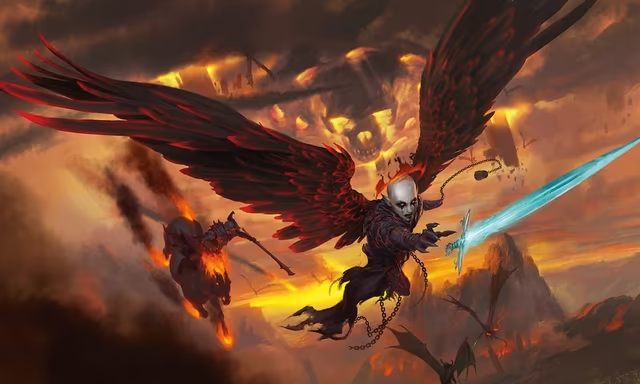
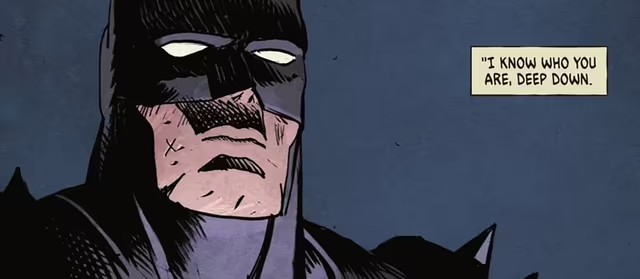
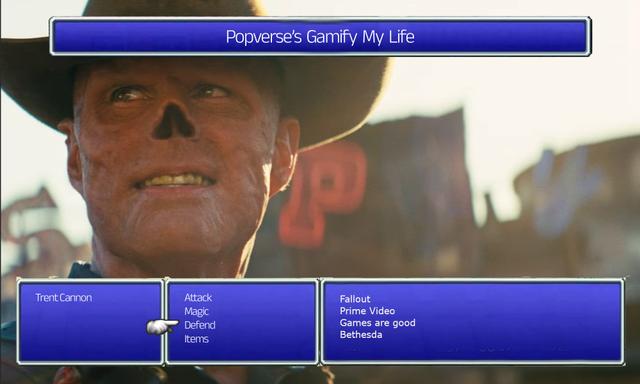
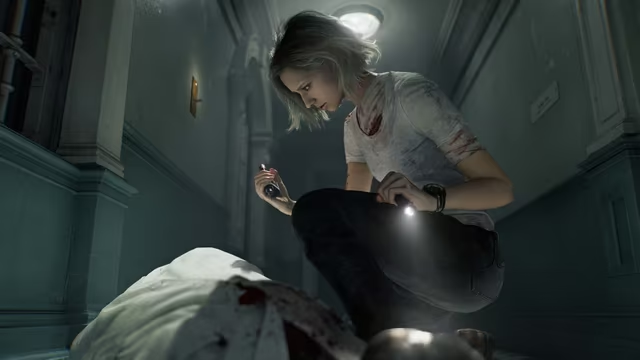
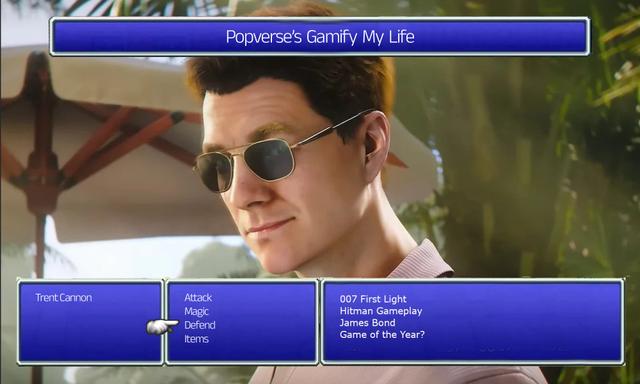








Comments
Want to join the discussion? Please activate your account first.
Visit Reedpop ID if you need to resend the confirmation email.